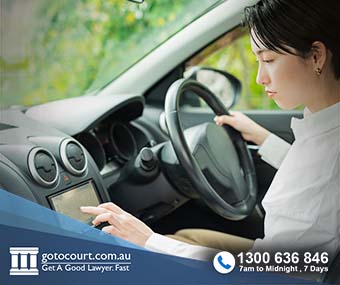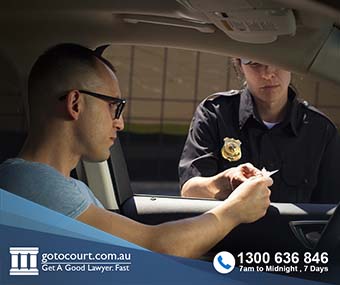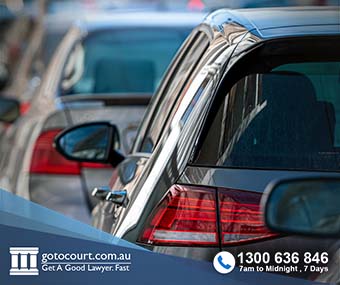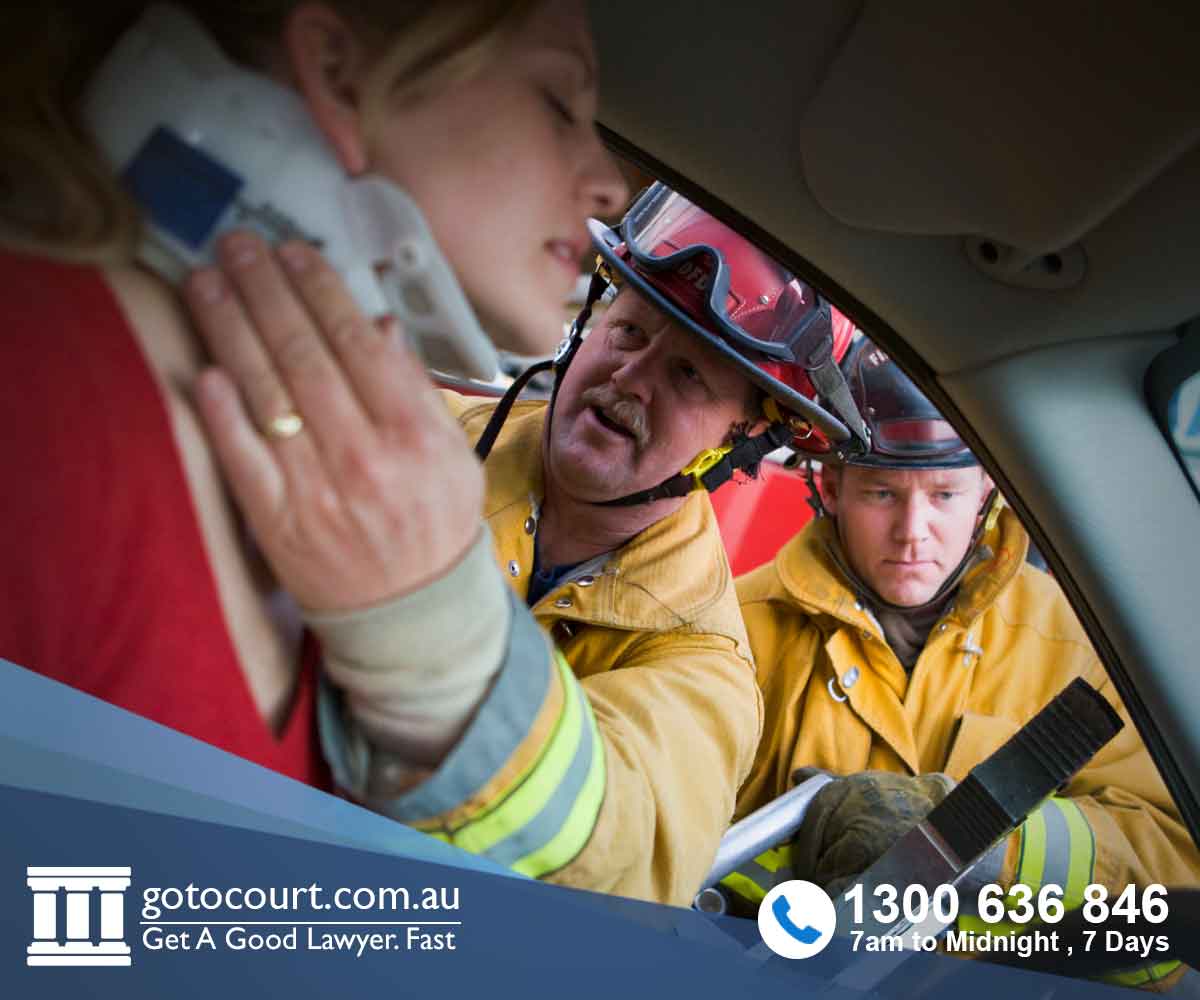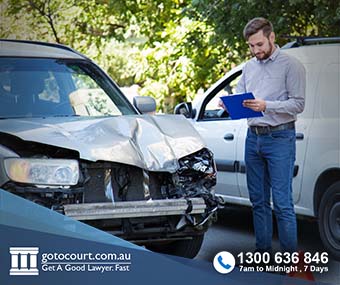Licence Disqualifications (SA)
In South Australia, a driver may have their licence suspended for a number of reasons, including drink driving, speeding or the accumulation of demerit points. A period of licence suspension may be imposed by a disqualification notice or ordered by a court. When a driver is caught drink or drug driving or excessively speeding, immediate licence suspension may be imposed by the police. This article deals with licence disqualifications in South Australia.
Demerit point licence disqualifications
If a driver in South Australia accumulates more than 12 demerit points in a three-year period, their licence will automatically be disqualified. This will occur by a disqualification notice being sent to the driver. The disqualification period will start 28 days from the day they receive the notice.
The length of a demerit point disqualification depends on the number of points that were accumulated. It may be anywhere from three months to five months.
Some drivers who are issued a demerit point disqualification notice may be offered the option of retaining their licence on a 12-month good behaviour option. This allows them to keep driving on condition they do not incur two or more demerit points over the next 12 months. If this condition is breached, the driver will be disqualified from driving for twice the original disqualification period.
Drink or drug driving and licence disqualifications
A driver in South Australia may be disqualified from driving on the spot if they are caught drink or drug driving or excessively speeding. A minimum disqualification period of between three months and three years applies, depending on the offence and the driver’s history. Courts can impose longer periods of disqualification if appropriate.
When a person is caught drink or drug driving, the police will impose an immediate disqualification from driving. The person will subsequently be summonsed to court and the court will decide on the length of the disqualification period, commencing on the date they were disqualified.
Alcohol ignition locks
Drivers who are disqualified for a serious drink driving offence, must have an alcohol interlock device fitted to their vehicle when they resume driving. This device breath tests the driver and prevents them from driving if alcohol is detected.
Speeding
If a driver is caught exceeding the speed limit by more then 45 kmph, they will automatically be disqualified from driving for six months.
Imprisonment and licence disqualifications
Under section 169B of the Road Traffic Act, when a person is sentenced to imprisonment and also disqualified from driving for a period of time, the disqualification period will start on the date the person finishes serving the sentence. However, if the person is subject to another period of disqualification from driving, the period will start after the other period of disqualification has finished.
Removing a disqualification
Under section 172 of the Road Traffic Act, a person who has been disqualified from driving can apply to the court that imposed the disqualification to remove the disqualification. The court may remove the disqualification if it thinks it expedient to do so.
An application to remove a disqualification cannot be made until at least three months after the disqualification order was made. If the application is refused, it cannot be made again for at least three months after the refusal.
Appealing against a disqualification
When a person is disqualified from driving by a court, they can appeal against the order in the same way a person can appeal against a sentence or a conviction. Depending on the circumstances, the operation of the disqualification order may be suspended until the appeal has been decided.
Postponement of disqualification
When a court disqualifies a person from driving, it may order that the disqualification period is to commence on a later date or at a later hour than the time the order is made, if there is a reasonable cause to do so. This may be done, for example, to allow the person to drive home from court.
If you require legal advice or representation in any legal matter, please contact Go To Court Lawyers.


